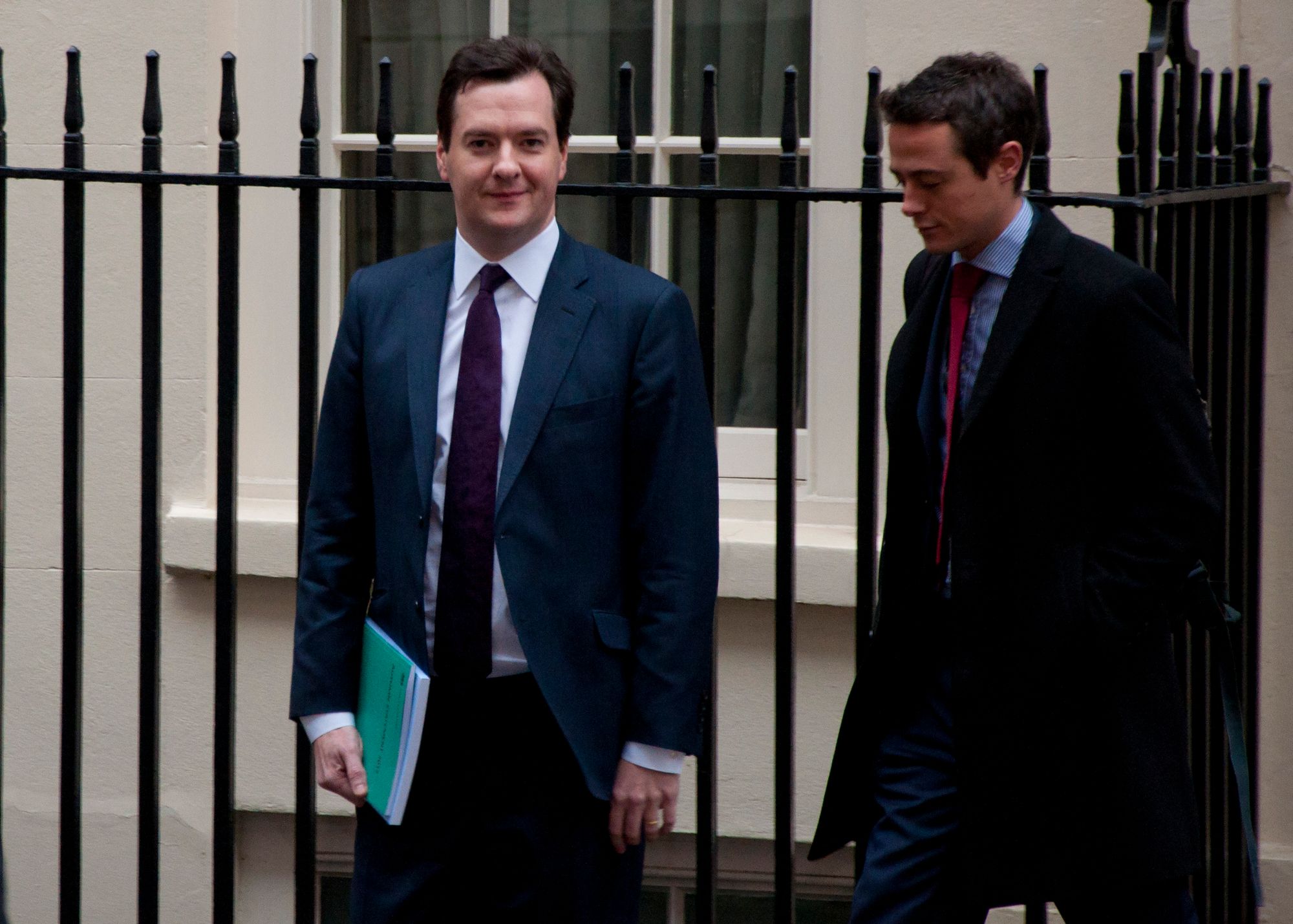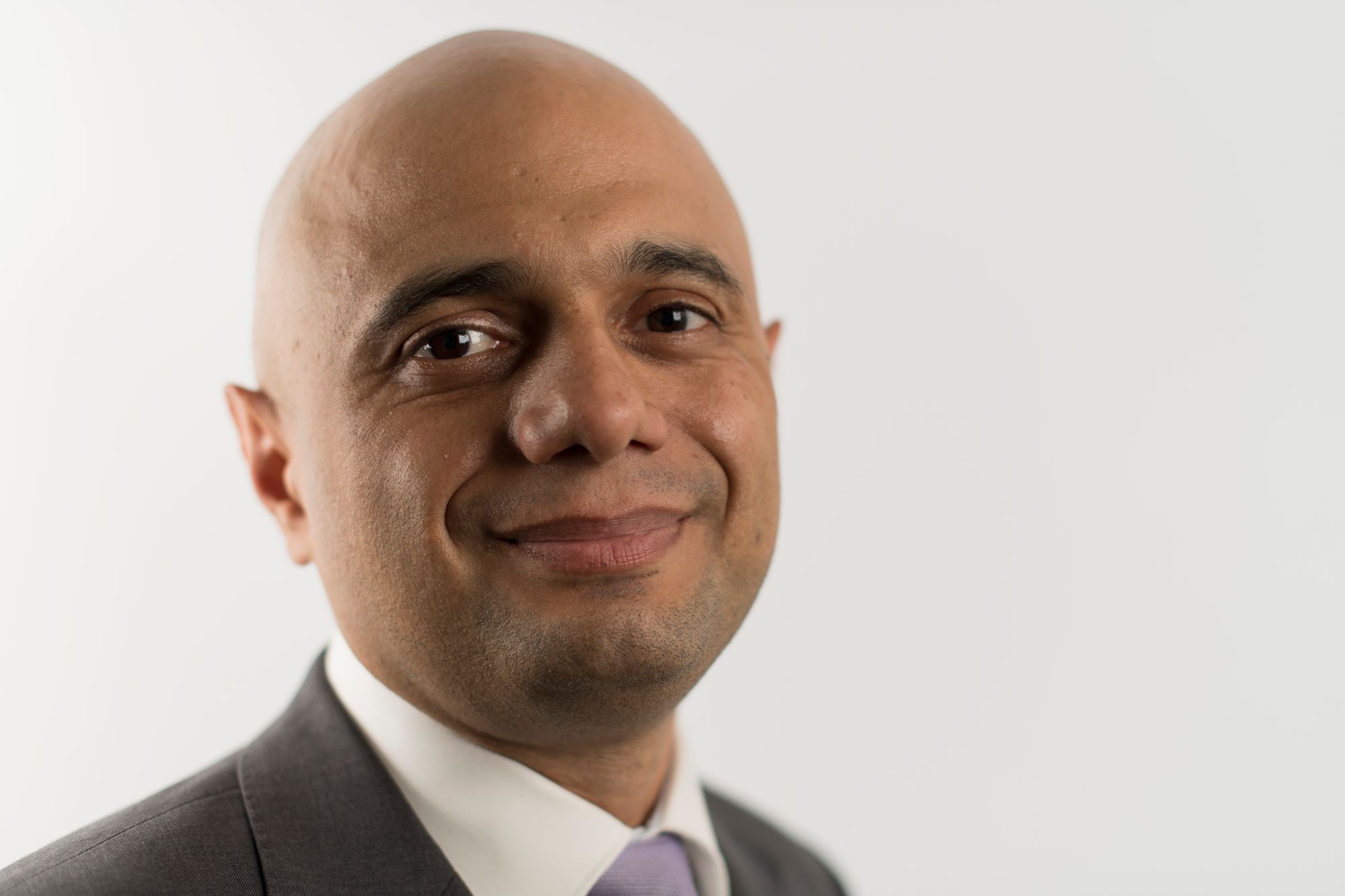By Milan Perera, Arts Critic Columnist, Third Year
The National Health Service, the crown jewel of Great Britain, is under more strain than ever before. To use a colourful phrase which has been swirling the airwaves recently, ‘it’s bursting at its seams’. Is the NHS fit for purpose in its current state? Is it under an increasing threat of privatisation?
In Great Britain there is one hallowed institution which is beyond reproach: the NHS. With all its warts and imperfections, it remains central to British social fabric, more so than a state religion. Governments are elected and defeated on the strength of their manifesto policies regarding the NHS.
Yes, there are exceptions of course. After the global financial crisis of 2008, which was largely attributed to the collapse of Lehman Brothers in the United States, the incumbent Labour government suffered its lowest ebb of popularity and crashed out of the office in the 2010 General Election. This gave way to a Conservative-Liberal Democrat coalition government.

The Chancellor of the Exchequer, George Osborne, in his emergency budget, resorted to blood curdling warnings and severe austerity measures which the Institute of Fiscal Studies (IFS) described as ‘the longest, deepest sustained period of cuts to public services spending at least since the second world war’.
Over the course of their time in office, it is estimated that the average annual growth rate in healthcare spending under Labour was around 5.6 per cent – even accounting for inflation.
Since 2010, annual growth in the health budget has significantly stunted. The IFS indicated: ‘UK public health spending grew in real terms by an average of 1.3 per cent per year between 2009-10 and 2015-16.’ This sustained underfunding, under the pretext of austerity, is resultant in the NHS being unprepared and ill-equipped to deal with a situation of COVID-19's magnitude.
The NHS has been gradually dismantled so that it is no longer fit for purpose. It has a litany of unaddressed shortcomings: dysfunctional GP practices, overburdened A & E services and extensive waiting lists for screenings and surgical procedures. Those that can are beginning to steer towards private healthcare.

This crisis had been dormant for a substantial period of time, but the onset of COVID-19 in 2020 burst open the floodgates. It is almost inconceivable that the politicians blamed the poor performance of the NHS to the United Kingdom’s membership in the European Union in the lead up to the EU Referendum in 2016. Brexit has yet to deliver the promised cash boost of £350 million a week or bolster staffing in the public sector.
The primary care of the NHS is severely eroded. As a result, minor health issues that should have been treated by GPs have had to be treated by the A & E units, which are already overstretched.
According to the British Medical Association (BMA), GP practices across the country are experiencing significant and growing strain with declining GP numbers, a rising demand, struggles to recruit and retain staff and knock-on effects for patients. This last year, the NHS has lost 393 individual GP partners and 269 salaried, locum and retainer GPs.
Sajid Javid, one of the most senior figures of the Conservative Party and the former Secretary of State for Health and Social Care, declared that ‘the 75-year-old model of the NHS is unsustainable’ and ‘too often the appreciation for the NHS has become a religious fervour and a barrier to reform’.

Despite the warm words of Mr. Javid regarding the NHS, recounting his earliest memories of it while living in Bristol and his father’s end of life care more recently. The former minister pointed out that patients are going to be charged for GP appointments and A & E visits to make the NHS a working model.
Does this seem like a stealth route to privatisation? It reads more like a fast track to privatisation. It appears that the idealist vision of 1948, under which the NHS was founded, has dissipated into fine smithereens. To quote the immortal words of Dr. Seuss ‘Don’t cry it’s over, smile because it happened!’









